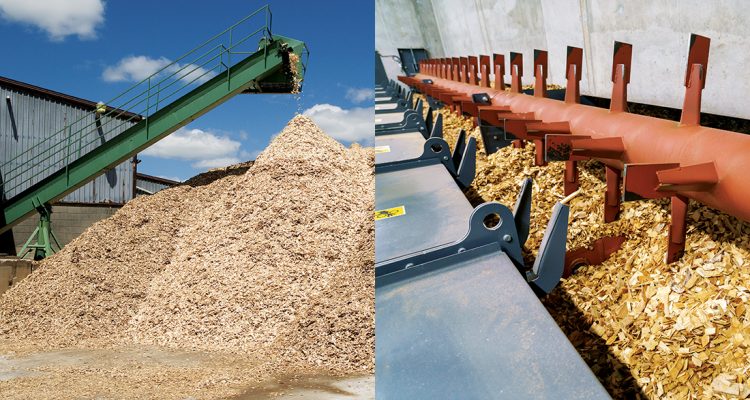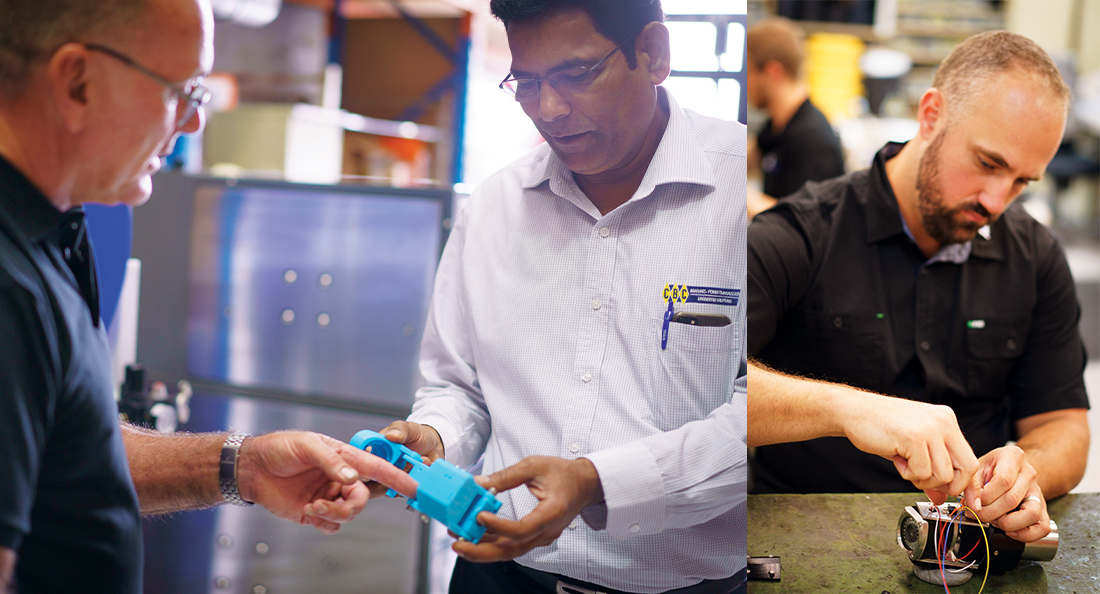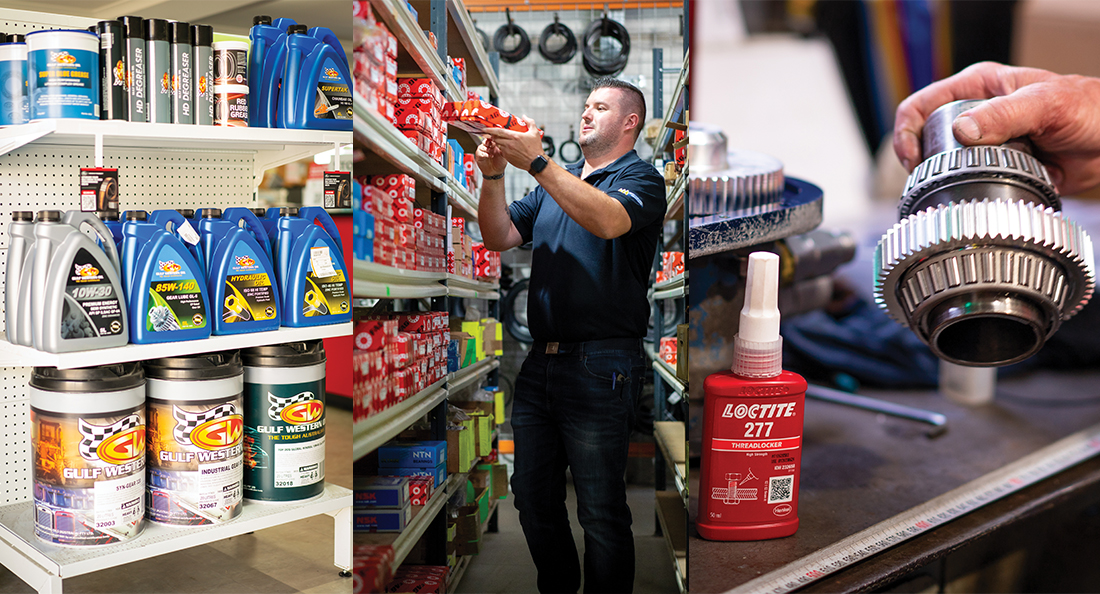Located in Geelong, Softwood Plantation Exporters (SPE) is changing the game when it comes to re-using waste product along the forestry supply chain. Born out of a partnership between Hancock Victorian Plantations (HVP) and Associated Kiln Driers (AKD) in 1996, the business offers its owners a well-located export facility that receives, processes and stores forest and sawmill residues.
Rowan Eyre, Manager at SPE, says that having an outlet for forestry by-product means that the entire plantation and sawmill residue become useable. “As part of the forestry supply chain, our business provides an outlet for a product that was once considered part of a waste stream. The thinning logs that we chip on site require harvesting to maximise the potential of the retained trees and ensure high-quality logs for the future for the Australian housing market. The sawmill residues that we take is a core function that supports the sawmills.”
SPE prioritises Australian manufactured products for their stand-out quality. “I’ve been in this industry a long time,” says Rowan. “Whenever we have used equipment that is manufactured overseas, generally the lead time on parts and servicing is not good enough.”
He elaborates that tapping into Motion’s national footprint of industrial supply is a key factor in the success of their business. “We will always use local suppliers like Motion Australia where possible. We have a particularly good relationship with our local Motion rep, he often calls in and checks on us to make sure we have got all the supplies we need to keep the plant running.”
The positive environmental impact of repurposing by-product is a major factor that led to SPE’s establishment 26 years ago. Rowan outlines how the use of these raw materials ultimately benefits the forestry supply chain in several ways, including the reduction of fire hazards and re-establishing forested land after harvesting as well as major weather events like storms.
“Having an outlet for the waste streams adds to the viability of sawmilling activities as well as adds value to the forest by allowing on time commercial thinning. Forestry is great for the environment, as trees sequester CO2 and the carbon is retained in the wood for life. We also sell the by-products of bark and wood fines made during the process, so nothing is wasted.”
Rowan describes the manufacturing of woodchips (repurposing of forestry materials) as an artform, due to the detailed tooling and technique specification required to create quality product. SPE’s management systems and equipment are designed to monitor product on a daily basis, ensuring that market expectations are met consistently.
“We are passionate about specification. We are constantly making changes to our process for efficiency, safety, and quality improvement. SPE is critical to the plantation and sawmill supply chain – our export business benefits Australia’s export income.”




